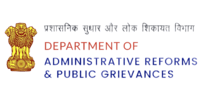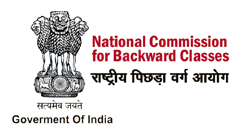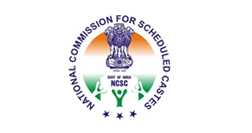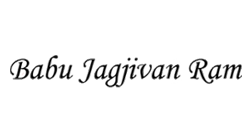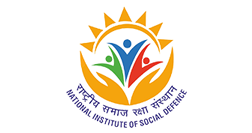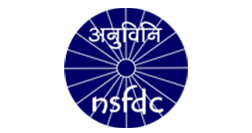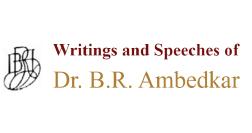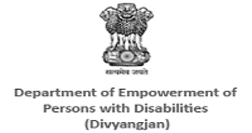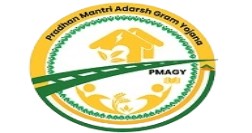Right To Information
The intention of the Right to Information Act 2005 is to provide for setting out the practical regime of Right to Information for citizens to secure access to information under the control of Public Authorities in order to promote transparency and accountability. The primary objective of the Right to Information Act is to empower citizens, promote transparency and accountability in government operations, curb corruption, and make democracy work more effectively for the people. It is widely recognized that an informed citizenry is better equipped to oversee the functioning of governance and hold the government accountable. The Act is a significant step toward ensuring citizens are informed about government activities. An information seeker can seek information under section-6(3), subject to certain exemptions as per section-8 under RTI Act. Central Public Information Officer (CPIO) is duty bound to furnish the information within 30 days. If the applicant fails to get information or correct/full information then he can file an appeal before the First Appellate Authority (FAA) within 30 days. FAA can order to provide information. If the information seeker is not satisfied with the order of the FAA or does not receive information, then he can approach the Central Information Commission in second appeal under section-19 or as a complaint under section-20 of RTI Act 2005, in addition, under section-25 of Act.
Dr. Ambedkar Foundation falls under the complete purview of Right to Information Act, 2005.
 GOVERNMENT OF INDIA
GOVERNMENT OF INDIA



